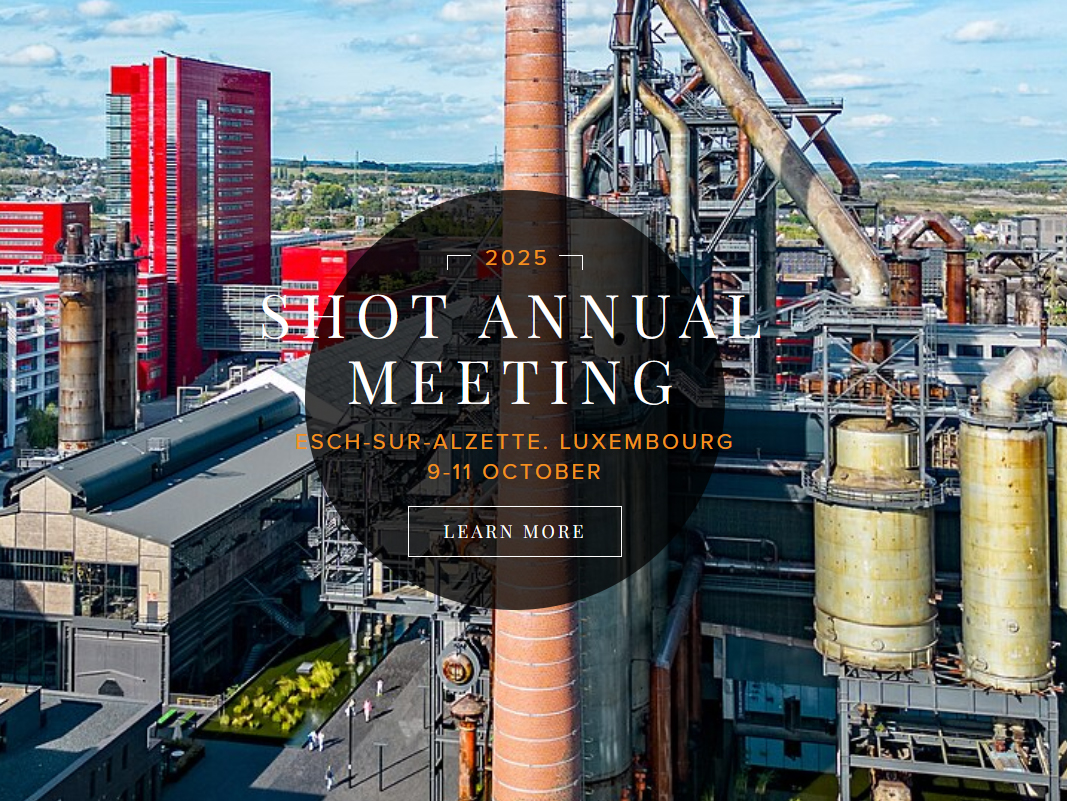The C²DH is hosting the 2025 Annual Meeting of the Society for the History of Technology (SHOT).
The 2025 SHOT meeting will investigate how migration has shaped the civilized world. The circulation of people, goods, and ideas is tightly connected to technologies, as is the monitoring, control or prevention of such movements. The deep history of human migration is characterized by several waves– caused by climatic changes, economic crises, or political forces. Due to globalization, cross-border flows have increased steadily since the 19th century, and technologies of transportation and communication have been essential in mass mobilization. The current discourses on migration illustrate the transformative role of digital technologies in planning, organizing, and realizing of difficult and often dangerous migratory movements around the world. Developments also highlight the inherent politics of migratory technologies in surveillance, border control, and the creation of machine-readable bodies.
Luxembourg for instance, whose foreign-born residents account for 51.2 % of the population and a share of 60.7% in employment in 2023, turned into a European hotspot of work migration with the birth of the local steel industry in the late 19th century. Foreign workers were attracted from neighbouring countries first (especially France, Belgium, and Germany), around 1900 from the Italian peninsula, and young interwar states in Central and Eastern Europe afterwards. The post-WWII migration was characterized by a strong migration from Portugal (mainly in the building sector) and by highly skilled work migration in the financial sector and European administration since the 1970s. While official sources brand the Luxembourg migration history as a “success story”, the pivotal role of migrants in turning the country into one of the richest in the world is often unacknowledged. The 2025 SHOT conference draws inspiration from this history and offers an important opportunity to reflect critically on the hidden histories and archival silences of migration and technology from multiple perspectives.
